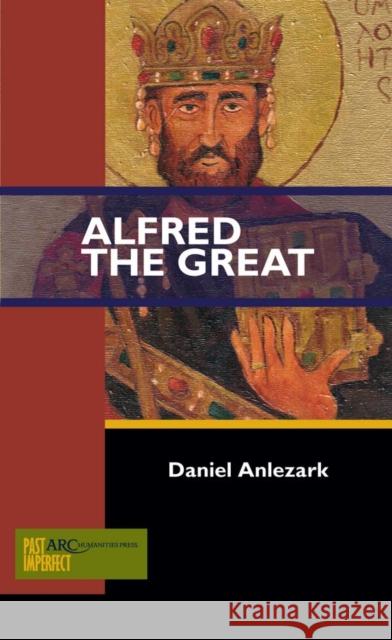Alfred the Great » książka
Alfred the Great
ISBN-13: 9781942401285 / Angielski / Miękka / 2017 / 115 str.
Alfred the Great is a rare historical figure from the early Middle Ages, in that he retains a popular image. Because this image increasingly suffers from the "dead white male syndrome," exacerbated by Alfred's association with British imperialism and colonialism, this book provides an accessible reassessment of the famous ruler of Wessex, informed by current scholarship, both on the king as a man in history, and the king as a subsequent legendary construct. Alfred the Great (ca. 849 - 899), king of Wessex, lived in a time of intense and violent national crisis. His was the only English kingdom to survive the invasions of the Vikings, largely because of his ability as a military campaigner and national leader. Alfred's success as a reformer guaranteed his reputation, and long after his own time his legend grew to the point where he was widely accepted not only as a founder of the British empire but also a major figure in the development of Western democracy. This book presents Alfred in his historical context, seen through Asser's Life, the Anglo Saxon Chronicle, and other texts associated with the king. The book engages with current discussions about the authenticity of attributions to Alfred of works such as the Old English Boethius and Soliloquies, and explores how this ninth-century king of Wessex came to considered the "Great" king of legend.











